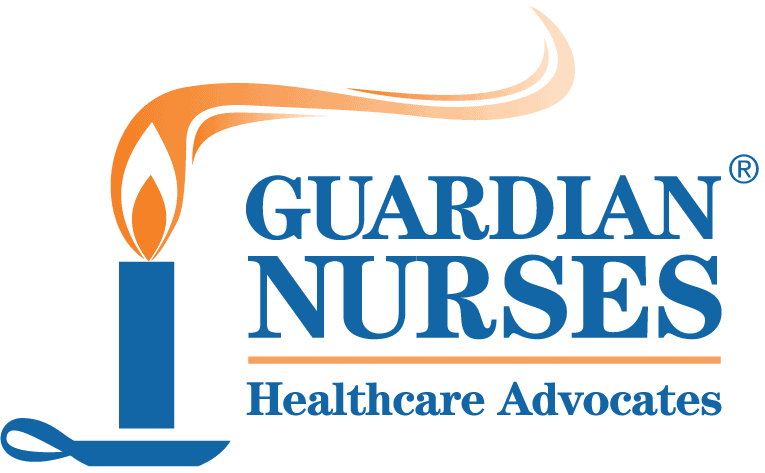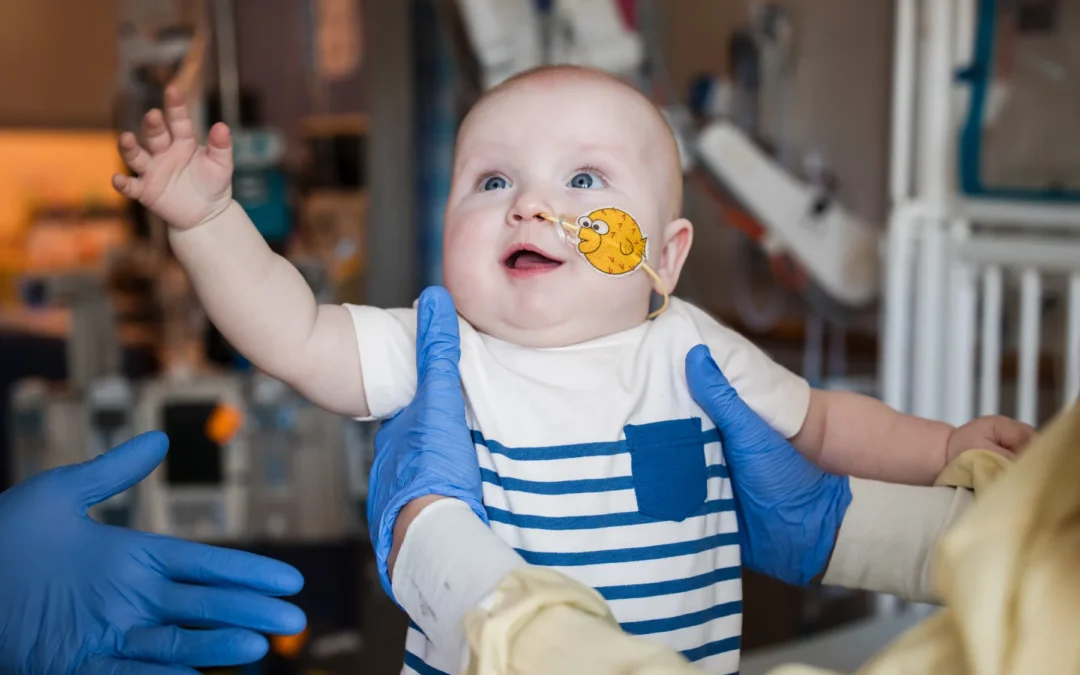When baby KJ Muldoon was born in August 2024, his parents expected a typical hospital stay for their fourth child. But within 24 hours, the observant nurses at the Hospital of the University of Pennsylvania recognized something was wrong. KJ was transferred next door to Children’s Hospital of Philadelphia (CHOP), where he was placed on emergency dialysis and diagnosed with carbamoyl phosphate synthetase 1 (CPS1) deficiency—a rare genetic and often fatal disorder that prevents the body from processing ammonia and causes severe and permanent brain damage.
His prognosis was grim, with doctors initially unsure if he would survive. But then, a groundbreaking possibility emerged: gene editing using CRISPR technology. KJ would become one of the first patients in the world to receive this kind of personalized therapy, thanks to the innovative work of Dr. Rebecca Ahrens-Nicklas and Dr. Kiran Musunuru, who developed a treatment specifically tailored to target KJ’s unique genetic mutation.
It was at this pivotal moment that Guardian Nurses Healthcare Advocates entered the picture. Thanks to the family’s connection to Steamfitters Local 420, Guardian Nurses was able to offer one-on-one support at no cost to the Muldoons. The union’s health plan includes Guardian Nurses as a benefit for its more than 8,500 members and their families. This service can mean the difference between navigating a crisis alone and walking through it with a medical expert at your side.
Annissa Hensley, BSN, RN, a Mobile Care Coordinator for Guardian Nurses, began supporting the Muldoons shortly after the gene therapy option was introduced. With more than two decades of experience in cardiac, surgical trauma, and medical intensive care units, as well as cardiovascular interventional procedural intervention, Hensley became a trusted guide, especially for KJ’s father, Kyle.
“I wasn’t there to make medical decisions for them, but I could help them make sense of what they were hearing,” said Hensley. “I was a safe place to process at a time when the weight of several roles — husband, father, co-protector, and co-decision maker — can make processing medically complicated information even more challenging than it normally is. I can offer medical understanding for a complex situation, understanding, guidance, kindness, compassion, and affirmation.”
As the family met with CHOP’s multidisciplinary team — including hepatologists, neurologists, geneticists, transplant specialists, and researchers — Hensley offered insight and emotional support, and helped them formulate questions to ask their doctors. “The team at CHOP was extraordinary,” Hensley said. “Their quick action, deep expertise, and commitment to innovation gave KJ a fighting chance. I can’t say enough about the nurses who caught the signs early and the specialists who have surrounded this family with world-class care.”
KJ has now received his three planned doses of the gene therapy. The results have been nothing short of miraculous. Once labeled a severe case, he is now classified as mild. “There’s hope that KJ might never need a liver transplant,” Hensley explained. “Even if he does, it may happen at a much older age when his body is stronger.”
Guardian Nurses’ involvement has extended well beyond the clinical. Hensley checks in regularly, asking not just about medications or symptoms, but about milestones. “Is he gaining weight? Is he lifting his head? Is he starting to smile?” she asked. “It’s easy for the medical side to focus only on lab results. But KJ is a baby. He’s more than his diagnosis.”
She also helped support the family as a unit. “These medical crises can break families apart,” she said. “But for the Muldoons, it’s brought them closer. I’ve talked to Kyle about how their values have shifted, how their other kids have come to understand what truly matters in life.”
Despite her role as a Mobile Care Coordinator, most of Hensley’s communication has been over the phone. Normally, Guardian Nurses’ Mobile Care Coordinators meet with patients and their families face-to-face, often visiting the hospital and accompanying them to doctors’ appointments, but in this case, the sensitive and sterile environment KJ required during treatment necessitated distance. “I’m excited to see the whole family when he gets discharged,” Hensley said. “Going home is going to be a 180 for him: He’ll have a home that has carpet. He’ll be in his own bed — and it won’t have machines and bells and whistles. He’s going to crawl on his own floor, walk around furniture, touch grass, and breathe fresh air. That little guy is a miracle.”
As KJ approaches his discharge date, Hensley and Guardian Nurses will continue to walk beside the family. Transitioning from hospital to home will require coordination, support, and expertise—all of which Hensley is ready to provide.
“This is why I do what I do,” Hensley said. “I’m not part of the surgical team. I’m not administering the gene therapy. But I’m walking with this family through the hardest moment of their lives. And thanks to Steamfitters Local 420, I can offer that support when it’s needed most.”
Steamfitters Local 420 has long been known for its commitment to members’ health and well-being, and this case is a powerful example of what that support can look like in action. “There are a lot of employers who don’t show up for their people like this,” Hensley said. “But 420 does. They invest in their families. And because of that, we’re able to change lives.”
As KJ prepares to go home for the first time, one thing is certain: he’ll be greeted not just by his parents and siblings, but by an entire community that stands behind him.
Picture credit: Chloe Dawson/Courtesy of Children’s Hospital of Philadelphia.

